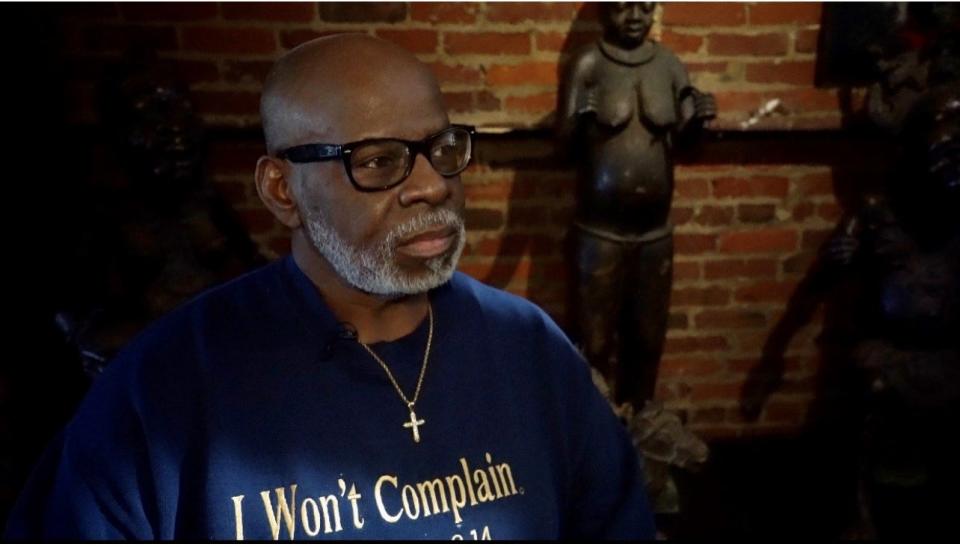How Kwanzaa was born out of a celebration for liberation rather than religion: Opinion
When I founded Roots 101 African American museum in 2019, the intention was to function as a healing space in Louisville while telling the complex journey of African Americans. Our healing space was quickly utilized in 2020 with the killing of Breonna Taylor, changing the trajectory of our city forever. The communities of our city came into our museum - to cry, to rejoice, to organize and to learn. When our downtown began to burn from civil unrest, the elders and scholars of the Black Community were reminded of the 1965 Watts Riots of Los Angeles - sparked by an act of police brutality.
Our country has a deep and bloody undercurrent running through our systems of “justice.” The plight of the Black American has inspired generations to create a sense of cultural heritage from our fragmented history. In particular, the Watts Riots created the vacuum of which birthed Kwanzaa, a celebration of Afrocentric histories and culture with roots in the Black American experience.
More:What is Kwanzaa and who celebrates it? Everything you need to know about the holiday
What is unique about Kwanzaa is the fact that it was born out of a celebration for liberation rather than religion. The Black community has a complicated relationship with religion, but the unification of our people is in our collective desire to see our financial, physical and spiritual freedom.
How Kwanzaa began
The history of Kwanzaa began in 1966 and took hold in Black households across the nation by the 1980s. It is a season of cultural unity and remembrance, celebrating the unique roots of the African American experience. “Habari Gani?” the leader of the ceremony asks every day beginning from Dec. 26 to January 1. The greeting translates to “what’s the news?” and the group gathered responds with one of the 7 principles:
Umoja/Unity
Kujichagulia/Self-Determination
Ujima/Collective Work and Responsibility
Ujamaa/Cooperative Economics
Nia/Purpose
Kuumba/Creativity
Imani/Faith
You may also like:Kwanzaa celebrates universal truths | Aukram Burton
Whose responsibility is it to keep Kwanzaa alive?
I would argue that it is ours as a collective to keep celebrations of our culture alive in order to honor our elders and further guide our youth. At Roots 101, I use a powerful African proverb that says “the greatest king plants shade trees knowing that he will never sit under them.” With the museum, I plant shade trees of knowledge, history, wealth, unity, compassion and love knowing in time and space that I may never sit under them. The legacy being built will last for generations to come - it is simply the African American way.

Lamont Collins is the Founder and CEO of Roots 101 African American Museum, founded in 2019. Roots 101 African American Museum began as a way to combat the lack of narratives involving Black experiences. From a young age, Collins began his own collection of African American history - his first piece: an autograph from Muhammad Ali. Accustomed to a museum in his own home, he found it necessary to bring the museum to everyone’s house; “Our House.” Roots 101 African American Museum is located at 124 N. 1st St. in Louisville, KY. You can learn more about the museum at www.roots-101.org
This article originally appeared on Louisville Courier Journal: How Kwanzaa was born out of a celebration for liberation not religion

